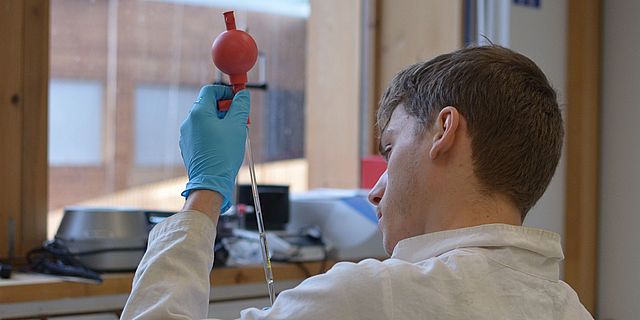Thesis is part of the subtask: Innovative technological actions for RFB-VLS design. It is divided in two
parts:
(i) Experimental study of the 3-electrodes lab scale cell or single cell to study electrolyte behavior as well as membrane behavior.
(ii) 1D-model orthogonal of the flow axis and 2D-model that includes the hydrodynamics of the flow in the electrolytic compartments along the flow axis.
Experimental data of electrochemical characterization will be obtained using various electrochemical technics.
PhD candidate will study mass transfer in membrane and crossover in 3-electrodes lab scale cell. The aim is to select a membrane to separate both electrolytes of the battery; main required properties are
i) to reduce the V cations cross-over,
ii) to assure good mechanical and chemical resistance and
iii) to cause ‘low’ Ohmic drop. All these experimental data will be completed with viscosity characteristic and solubility limits obtained respectively from the other partners. Then this data shall be implemented in models.
Hence, a multi-physical 1-D model (through the plane of the cell) will be developed taking into account the transport properties of the electrolyte and membrane; it will take into account transport phenomena in the electrolyte and the membrane as well as charge transfer kinetics. The 2-D model (or 3-D) will take into account a description of the flow distribution of both cell compartments, which is a key issue for this redox-flow technology. Based on the simulation, a sensitivity analysis of the cell design will be provided. From simulations, recommendations on residence time or velocity will assist the choice of flow rate or volume of the VSL-RFB compartments.
Hence, this Ph.D should bring scientific knowledge and also contribute to validate this technological concept.
-It will contribute to understand membrane behavior and crossover phenomena that play a crucial part in VSL-RFB performance.
-1D and 2D model will provide the theoretical approach to understand the current distribution into the electrolytic compartments,
-The screening of the effect of various operating parameters will help to its theoretical optimization of the battery minimizing the time consuming experimentations.



